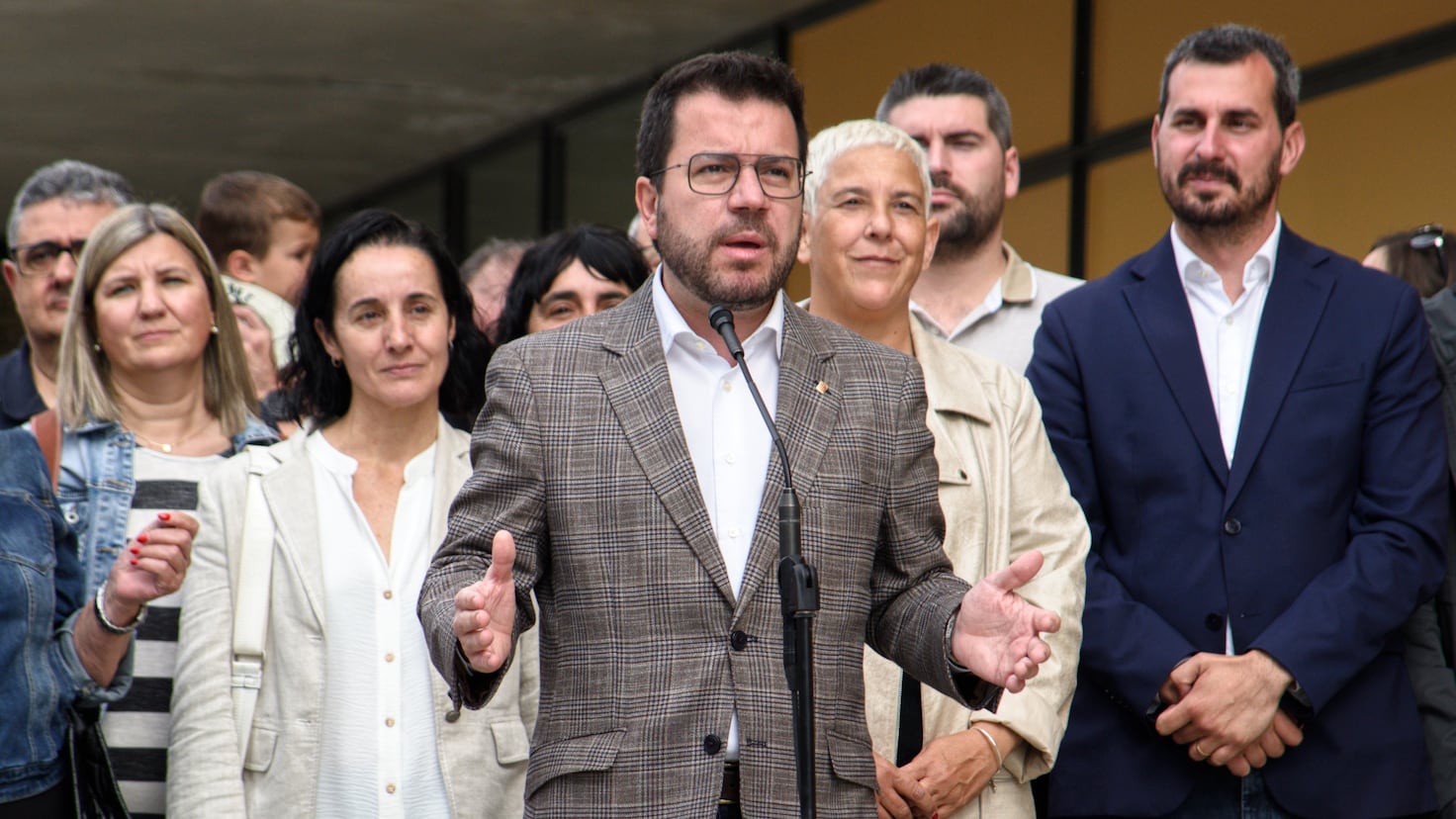Berlin
The number of people affected by dementia will increase drastically in Germany. What are symptoms of the disease?
Almost two million people in Germany are from one dementia affected. The German Alzheimer Society assumes that the number will increase dramatically in the coming years. The reason for this is the development of the age structure in Germany. Depending on how the age structure of the population develops, the number of people with dementia over the age of 65 will increase to between 2.4 and 2.8 million by 2050, according to the Alzheimer’s Society.
Read here:
Dementia can take different forms. It has just become known that 67-year-old Hollywood star Bruce Willis has frontotemporal dementia.
Definition: what is dementia?
dementia is a disease affecting a group of symptoms describes that affect the brain and lead to a reduction in cognitive abilities. Symptoms can develop gradually and eventually interfere with daily life. Dementia is not a normal sign of aging, but a disease that needs to be treated.
What are the causes of dementia?
The causes of dementia can be different and are often not clearly identifiable. In many forms of dementia, damage occurs in the brain that disrupts communication between nerve cells. The causes can be hereditary or caused by damage to the brain from injury, infection or diseases such as Alzheimer’s.
Read here: These tips reduce the risk of dementia.
What are the differences between dementia and Alzheimer’s?
The German Alzheimer Society points out on its website that dementia and Alzheimer’s are not the same thing. “Dementia is a pattern of symptoms that can have many different causes,” it says. Dementia causes various mental abilities to deteriorate compared to the previous condition. “Alzheimer’s disease is the most common cause of dementia, but there are many other causes.” Also lifestyle factors such as smoking, poor diet and lack of exercise can increase the risk of dementia.
| dementia | Alzheimer | |
|
definition |
A type of dementia that is most common and accounts for about 60-80 percent of all dementia cases |
A generic term for a group of disorders that can affect memory, thinking, and other cognitive abilities |
|
symptoms |
Impaired memory and thinking ability, gradual onset, other cognitive abilities may be affected |
Can cause different symptoms depending on which areas of the brain are affected |
|
causes |
Deposits of protein fragments in the brain play a role |
The causes can be different, eg circulatory disorders in vascular dementia |
|
cure |
There is no cure, but treatment can relieve symptoms and slow disease progression |
No cure, but treatment can help relieve symptoms |
|
Remarks |
It is possible for a person to have both Alzheimer’s disease and another form of dementia |
The symptoms and course vary greatly from person to person |
Dementia: what are the symptoms and early signs?
The symptoms of dementia can vary depending on the type of condition, but there are some common signs to look out for. The most common symptoms include:
- Memory problems: Sufferers can no longer remember events or details that they previously knew.
- Difficulty with everyday tasks: It can become difficult to complete simple tasks such as cooking or shopping.
- Changes in language: Affected people may have difficulty forming words or sentences or holding conversations.
- Confusion: Those affected can no longer orient themselves in familiar surroundings or recognize people.
- Mood and behavior changes: People may behave in an unusually aggressive, anxious, or depressed manner.
How does dementia progress?
Dementia is one illnesslocated in Course aggravated. Symptoms of dementia usually come on slowly and get worse over time. Mild memory problems may occur in the early stages of the disease, while in the later stages the affected person may be unable to perform everyday tasks or communicate.
However, the course of dementia varies from person to person and also depends on the underlying cause of the condition. In some cases, the disease can progress over many years, while in other cases it progresses rapidly. Early diagnosis and treatment can help slow the progression of the disease and improve a person’s quality of life.
How is dementia diagnosed?
The diagnosis Dementia usually requires a comprehensive evaluation by a doctor or neurologist. This may include a physical exam, neurological tests, and tests to assess memory, thinking, and language. Imaging procedures such as MRI or CT can also contribute to the diagnosis. It is important to make an early diagnosis to ensure the best possible treatment.
forms of dementia
|
Alzheimer’s disease |
Alzheimer’s disease is the most common form of dementia and primarily affects older people. It comes on gradually and affects memory, thinking, and behavior. |
|
vascular dementia |
Vascular dementia is caused by damage to the blood vessels in the brain, for example as a result of a stroke or circulatory disorders. Symptoms can vary depending on the area of the brain that is affected. |
|
Lewy body dementia |
In Lewy body dementia, so-called Lewy bodies accumulate in the brain, leading to disorders in information processing. Symptoms often resemble those of Parkinson’s disease. |
|
Frontotemporal Dementia |
Frontotemporal dementia primarily affects the areas of the brain responsible for behaviour, personality and language. Symptoms can vary greatly depending on the area affected. |
|
mixed dementia |
In mixed dementia, several forms of dementia occur at the same time, such as Alzheimer’s disease and vascular dementia. |
How is dementia treated?
There is none cure for dementia, but there are ways to relieve symptoms and slow disease progression. Medications can help reduce memory loss, confusion, and mood changes associated with dementia. Therapy can also be helpful in order to make it easier to deal with the disease and to improve the quality of life. A healthy lifestyle, including physical activity and a healthy diet, can also help slow the progression of the disease.
More articles from this category can be found here: Life





